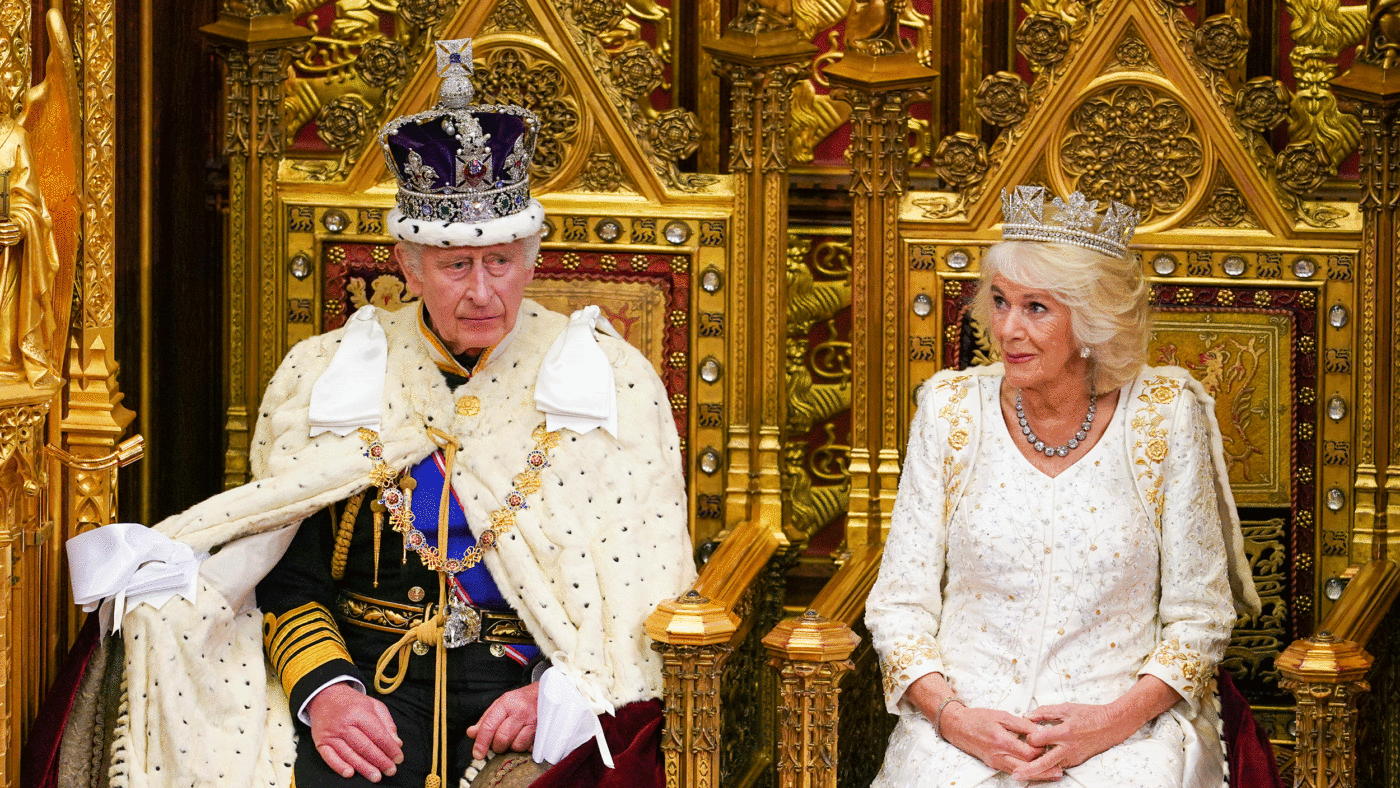Well, the King was magnificent. In his first State Opening of Parliament as monarch, he gracefully announced new oil drilling in the North Sea and a cigarette ban without giving the slightest hint that he’d spent his life campaigning for the environment or that smoking was his wife’s favourite habit. Any fears that the opinionated Prince would struggle with the constitutional demands of his inheritance have proved ill-founded.
Rishi Sunak’s challenge on Tuesday was almost the complete opposite of His Majesty’s. Unlike Elizabeth II, the Prime Minister’s predecessors left him a weakened institution and set terrible examples of how to do the job. Instead of a moment to offer continuity, for Sunak the King’s Speech was a last chance before the next election to present himself to a disillusioned nation as a candidate for change. So how did it go?
Frances Lasok has written on these pages about the political importance of stories. The Space Race, she argues, was a powerful idea that galvanised progress in the West. The Prime Minister has alighted on ‘long-term decisions’ as his animating political philosophy. It’s hardly ‘we choose to go to the moon’, but a realistic approach to deep-rooted problems is arguably what the country needs right now. The success of such a project, though, depends on an accurate analysis of what those problems are. A speech that opened by blaming Covid and the war in Ukraine does not suggest the government understands the causes of the UK’s current predicament.
Covid put the economy into an induced coma, but GDP growth hasn’t gone above 3% since the financial crash. Likewise, supply chain disruption and increased oil prices resulting from the war in Ukraine have contributed to inflation – but so has the £1trn injected into the economy since 2008 through quantitative easing. NHS waiting lists were exacerbated by the pandemic, but are an inevitable consequence of a socialist model that moderates demand for healthcare via a queue. The housing crisis is a result of decades of failure to build, not the events of the last three years. I could go on.
But perhaps more concerning is the government’s emerging tendency towards illiberalism and state overreach. With just one year left of this Parliament, ministers are planning vast expansions of the state. The Digital Markets Bill hands huge powers to bureaucrats to regulate the tech industry, putting Sunak’s own ambition to make the UK a ‘science superpower’ at risk. The Renters Reform Bill arguably undermines landlords’ basic property rights and will likely encourage many to withdraw from the market, worsening the housing shortage and thereby harming the very people it’s supposed to protect. And that’s before you start on the Tobacco and Vapes Bill – essentially prohibition by stealth, cynically designed not to affect any current addicts who vote.
Taken together, these measures undermine freedom, choice and competition which are the basis of both Conservative electoral success and prosperous, democratic societies. If that’s long-term decisions I’d like to see self-defeating knee-jerk reactions.
Regrettably, the best you can say for the legislative prospectus laid out this week is, ‘Long live the King’.
Click here to subscribe to our daily briefing – the best pieces from CapX and across the web.
CapX depends on the generosity of its readers. If you value what we do, please consider making a donation.


